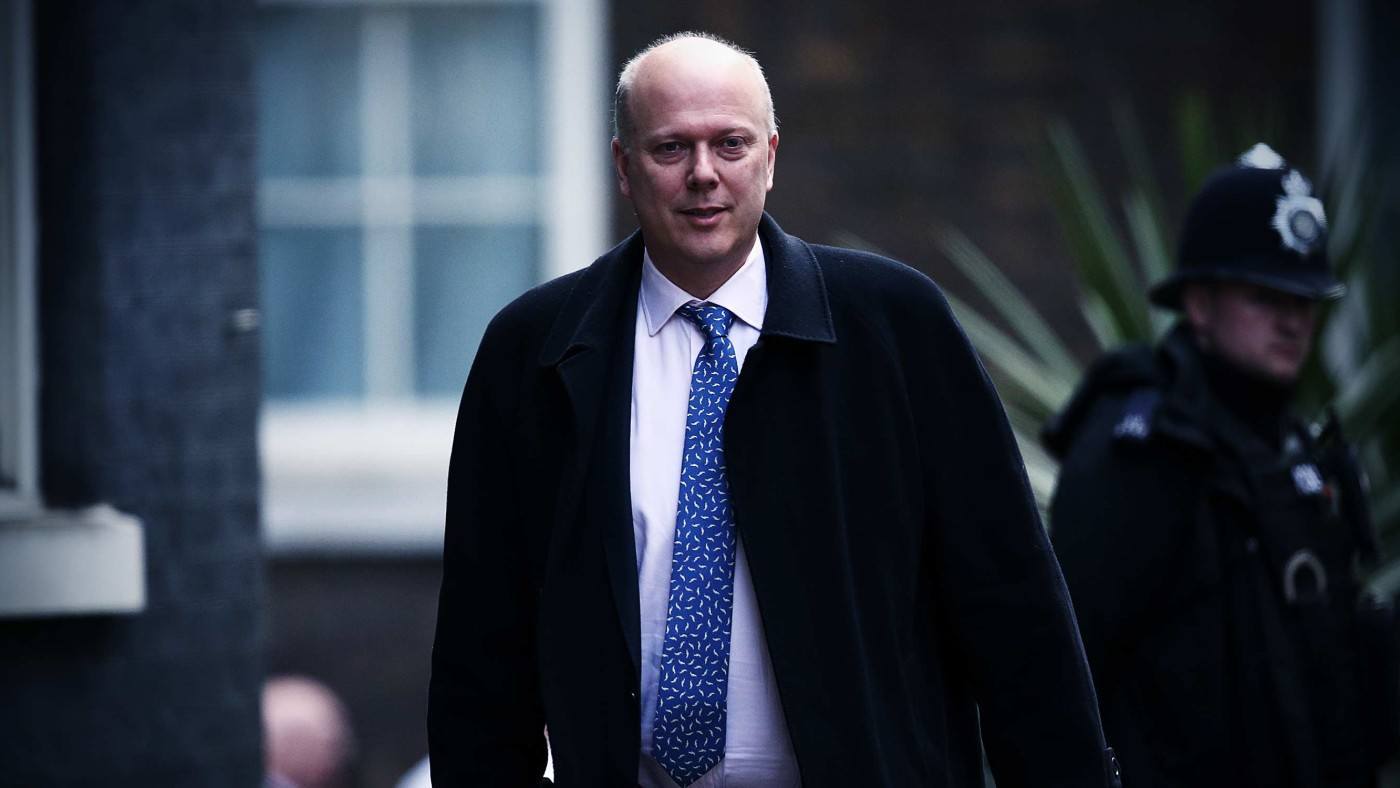Boris Johnson – if (a) he can be disciplined and not open up the quagmire of the ‘Second Referendum’ question and (b) if he does active, cross-country campaigning – could be worth as much as 4% to the Brexit cause. That, anyhow, is the view from inside the “BSE” campaign and it explains why David Cameron repeatedly directed not particularly coded personal attacks against London’s Mayor yesterday. He knows the Boris weapon has to be degraded in the battle over Britain’s membership of the EU.
Lots of pundits (e.g. me) have noted that without Michael Gove’s support for Brexit we probably would not have BJ4Brexit. Mr Johnson’s decision has already been widely interpreted as an act of war – including by Mr Cameron’s chief cheerleader Bruce Anderson on this site – but the volume of that interpretation has been turned down (at least a bit) because of the decision of the Justice Secretary. Mr Johnson doesn’t stand alone as a Cameroon-friendly Brexiteer.
But if we are dispensing credit for Boris backing Brexit we should go back further in time and credit the man who fought hardest and, crucially, earliest for the Cabinet to have a free vote. My guess is that David Cameron would have eventually had to give ministers freedom on this issue because diehard Brexiteers like the Welfare Secretary Iain Duncan Smith would have resigned if not. I don’t know for sure but I wonder if Michael Gove would have resigned from government to fight this cause? The power of his explanation for wanting to escape the EU suggests “very probably” is the answer to that question but, without the blessing provided by a free vote, it have been a much more confrontational act against Mr Cameron. Mr Cameron could have chosen a different, tougher path. He could have decided that the benefit of having fewer Out campaigners was greater than the cost of absorbing a few resignations. He didn’t have the option of choosing the whipped path because, from late last year and into January, Chris Grayling decided to force the PM’s hand. The Leader of the House and Mr Gove’s predecessor at Justice, angered by Number 10’s soft campaigning to stay in the EU while banning ministers from soft campaigning against the EU, threatened to resign. While Number 10 might have decided that resignations now were potentially manageable the thought of a resignation in January (possibly precipitating other resignations and creating weeks of destabilisation) forced the PM and Chancellor into an early announcement that ministers would have freedom on this critical constitutional question.
We cannot definitively know if Chris Grayling’s pressing of the issue did make the difference but I think he deserves considerable credit for creating the environment in which the likes of Mr Gove jumped. He also helped create the permissive climate in which 142 Tory MPs (at the time of writing) have felt able to defy their party leader and his widely derided renegotiation. And even if his behind-the-scenes actions weren’t as decisive as I judge, there can be no doubt that Grayling acted with “deafening éclat” before any other senior Tory did.


